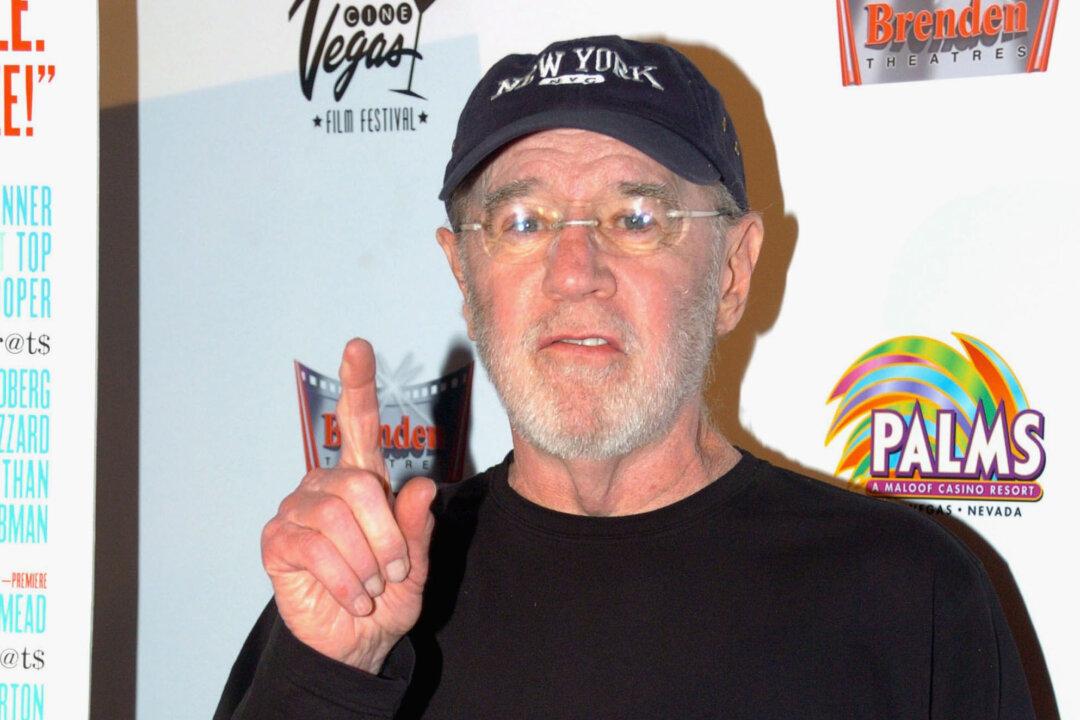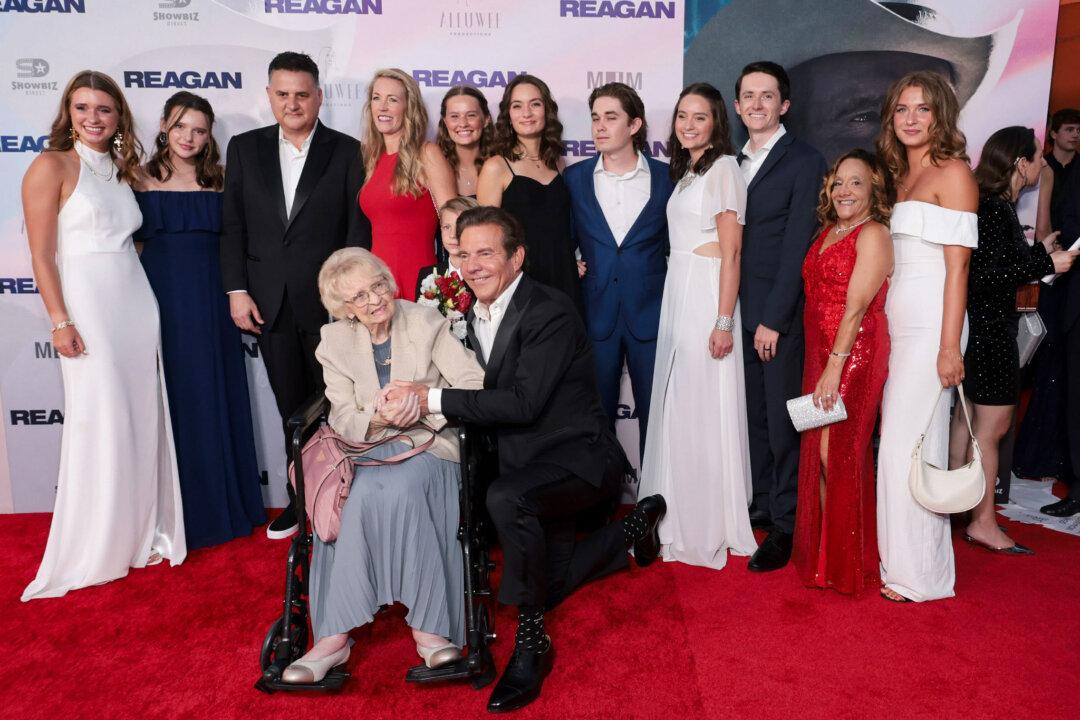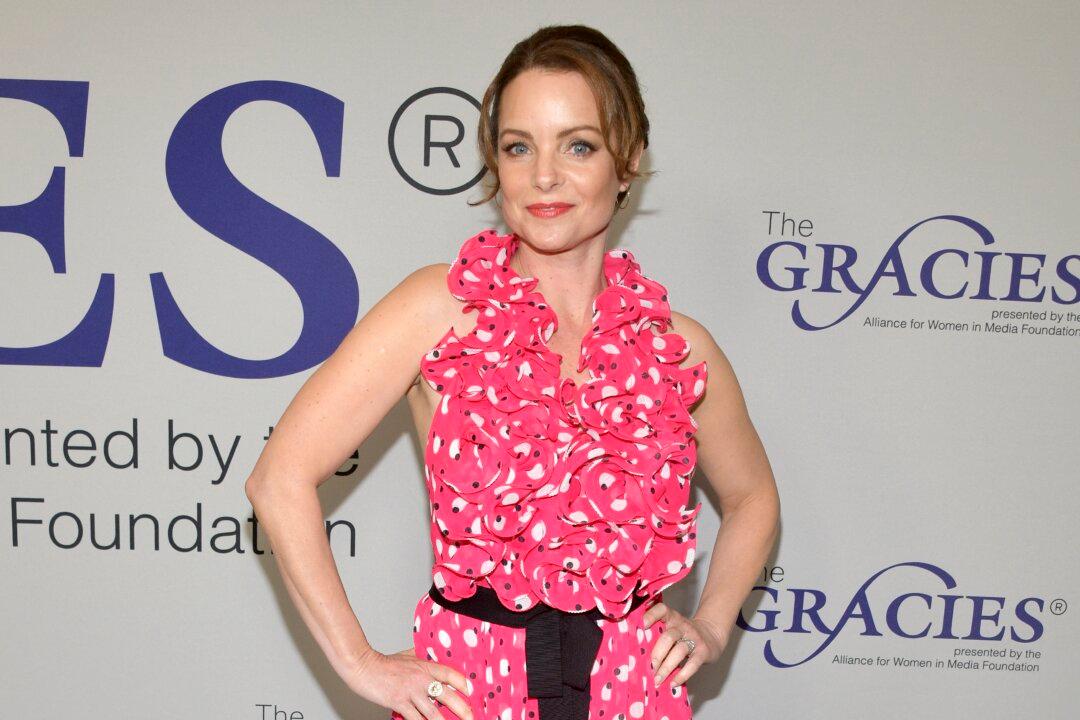The estate of George Carlin filed a lawsuit on Thursday in a California federal court, taking legal action against the creators of a comedy special that utilizes generative artificial intelligence (AI) to replicate the late comedian’s voice and humor style without consent or compensation.
The legal complaint asserts that the creators employed Carlin’s entire body of work spanning five decades of comedy routines to train an AI chatbot, which generated the script for the comedy special. The lawsuit also raises objections to the use of Carlin’s voice and likeness for promotional purposes.





